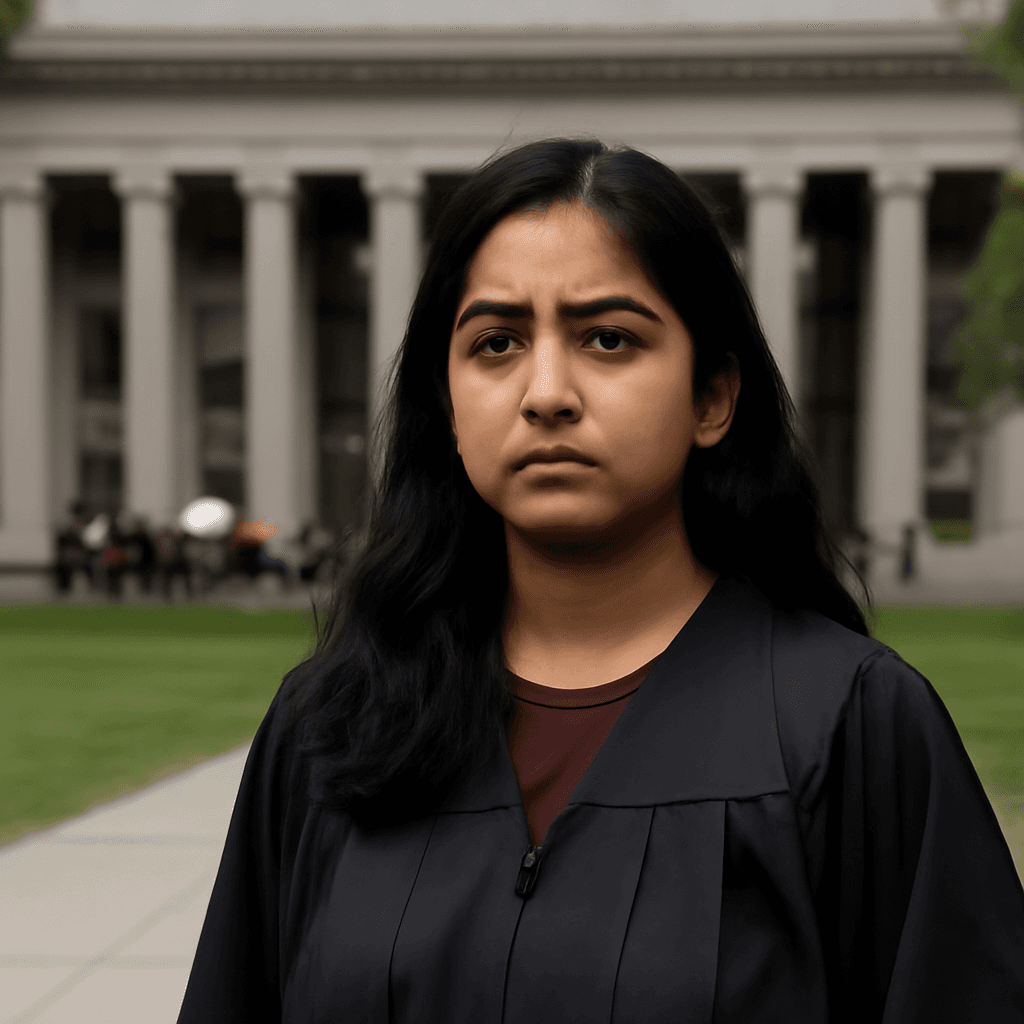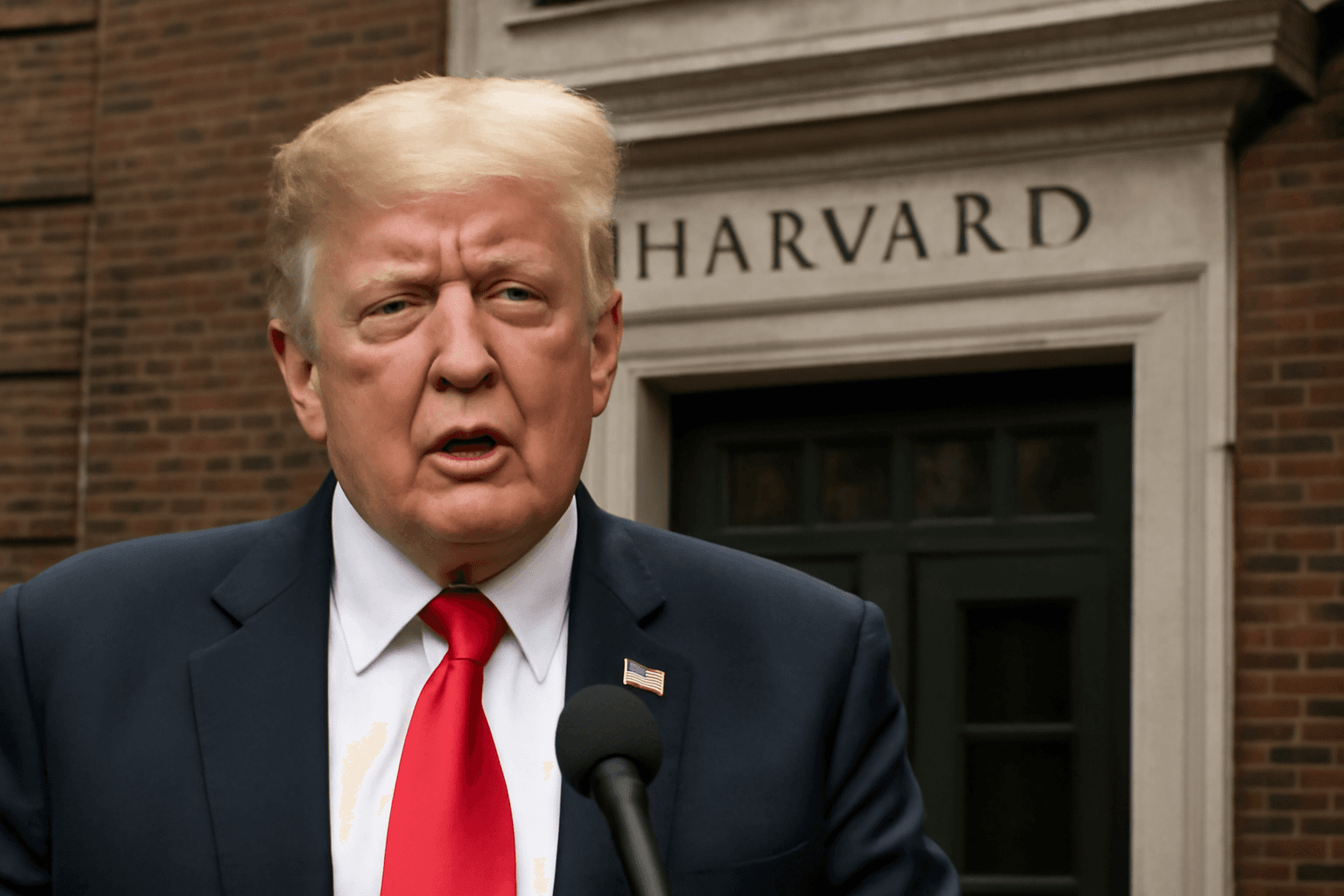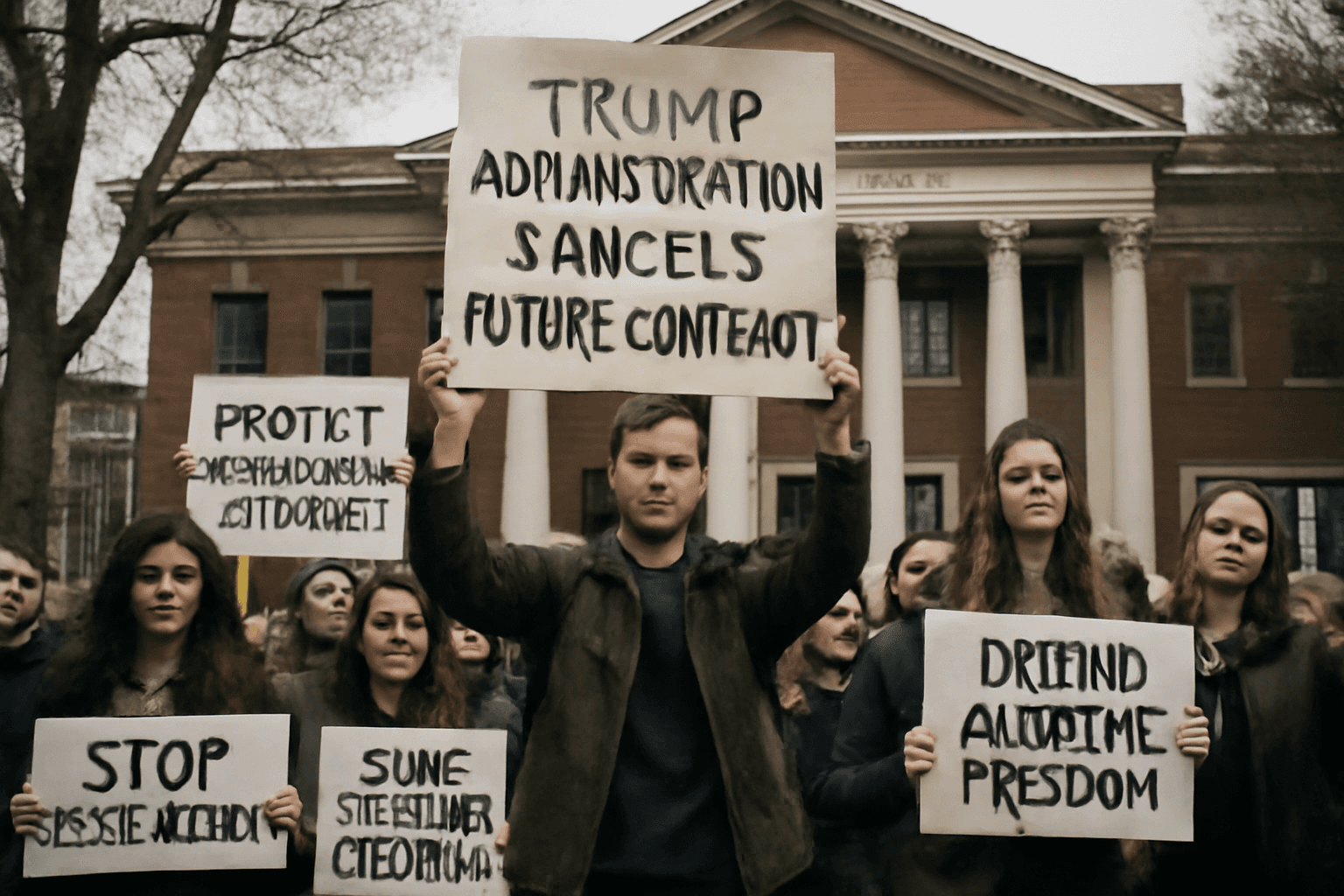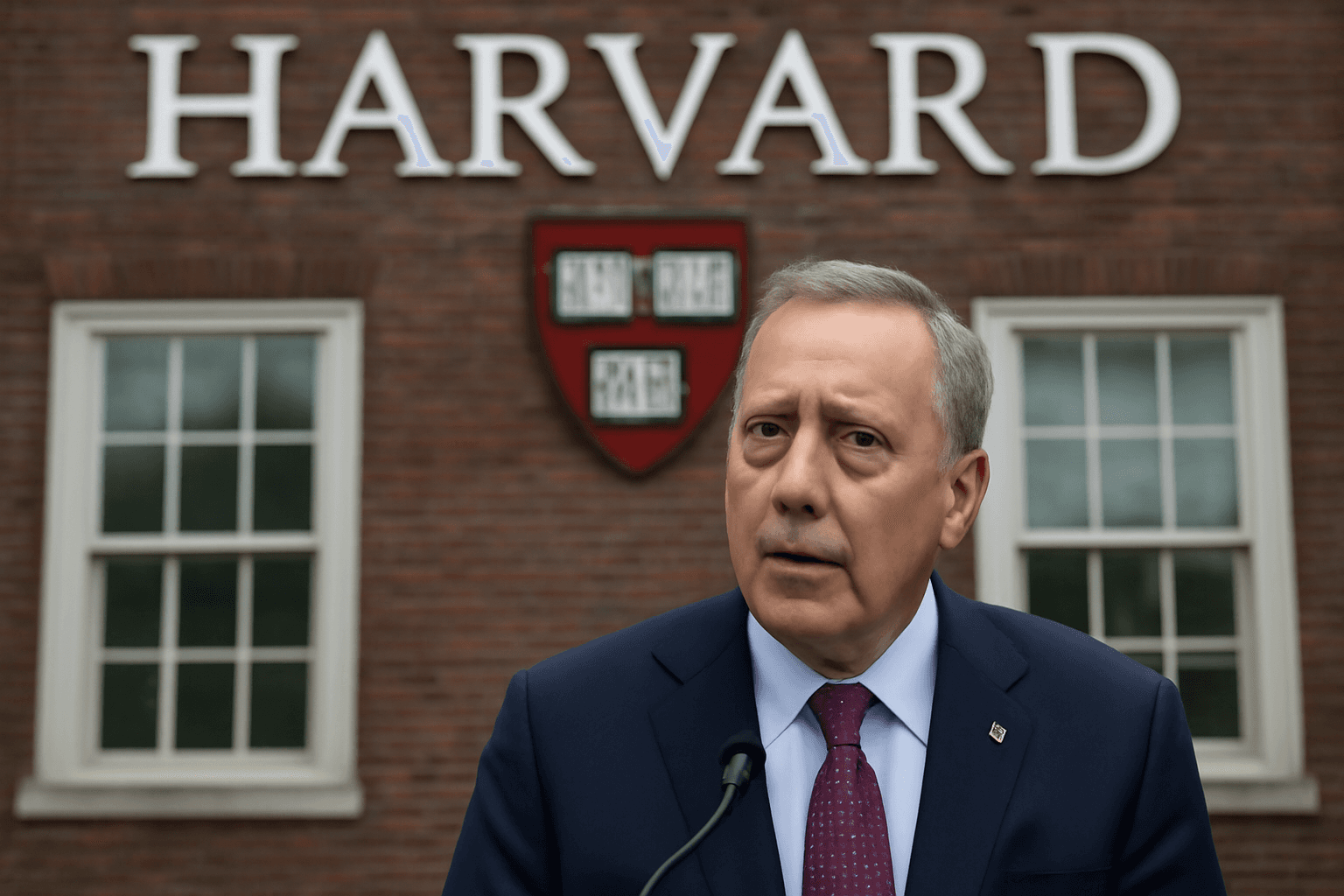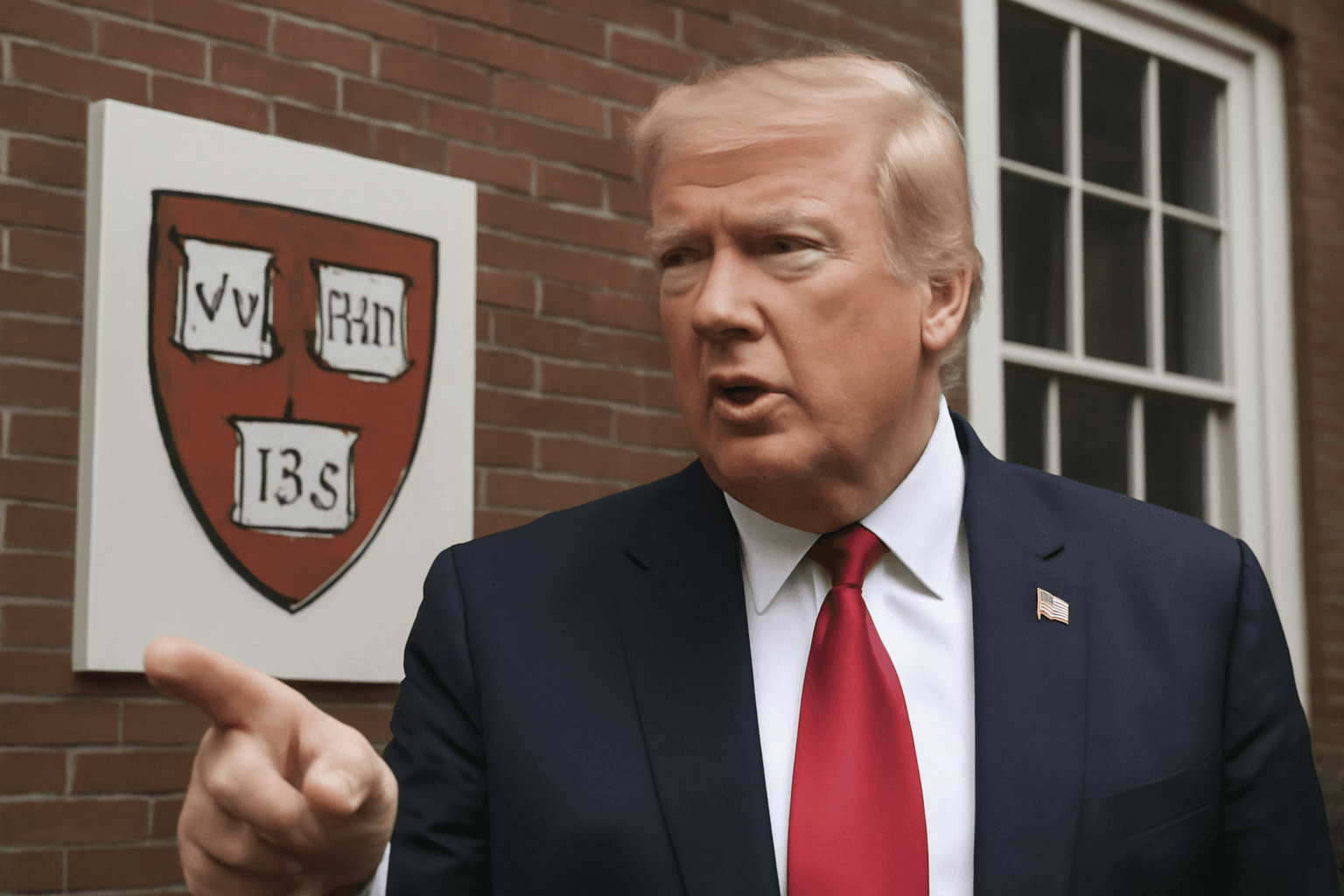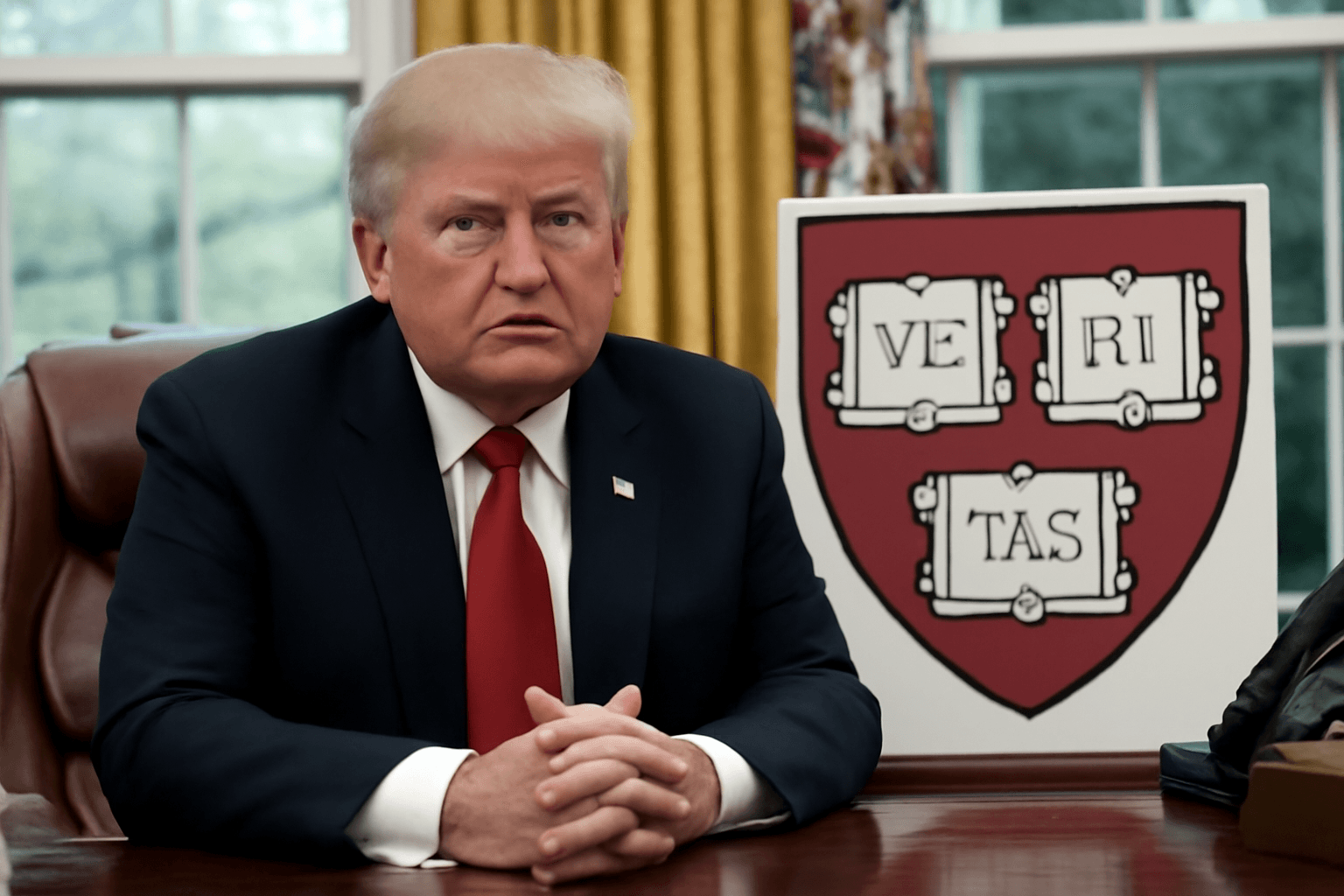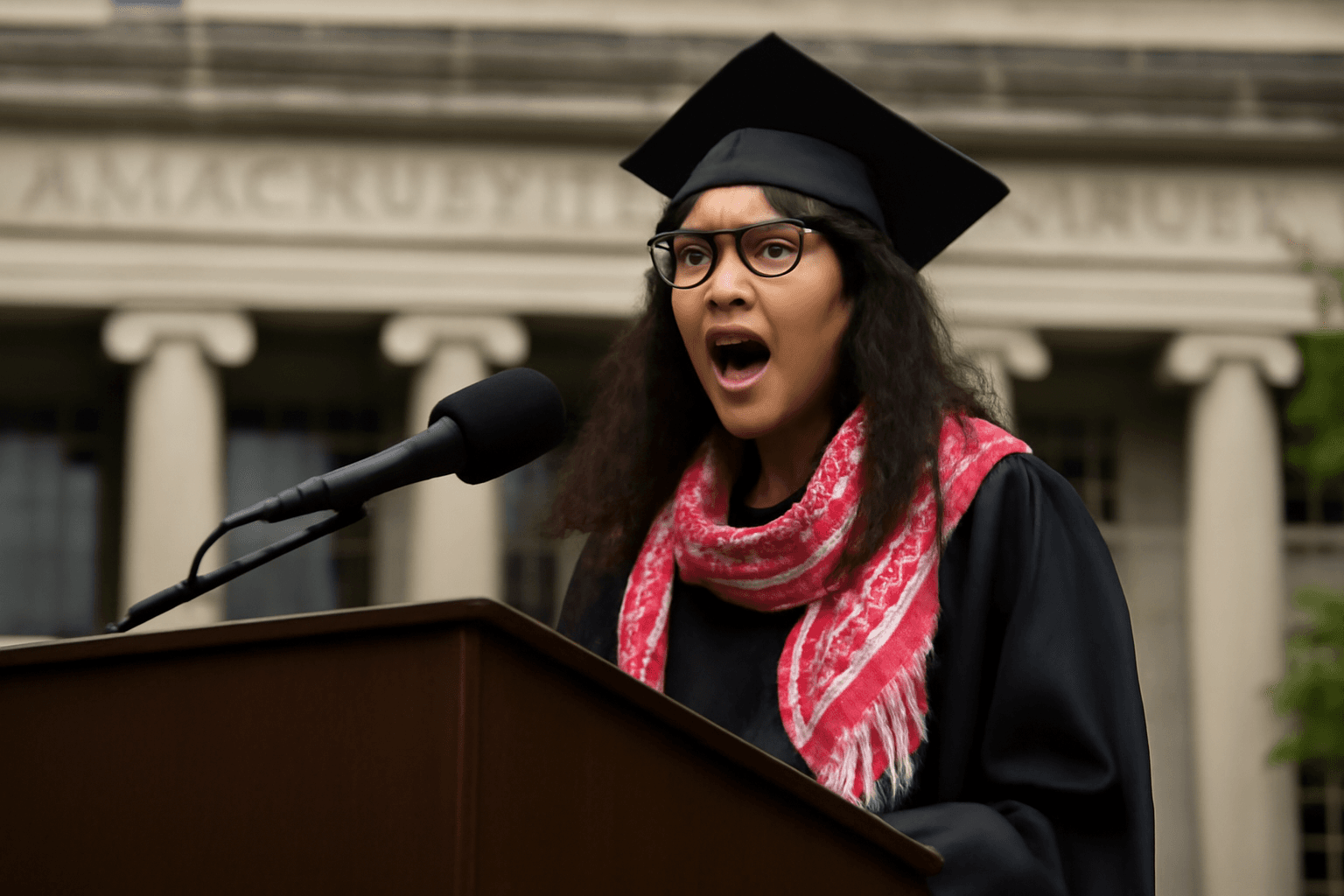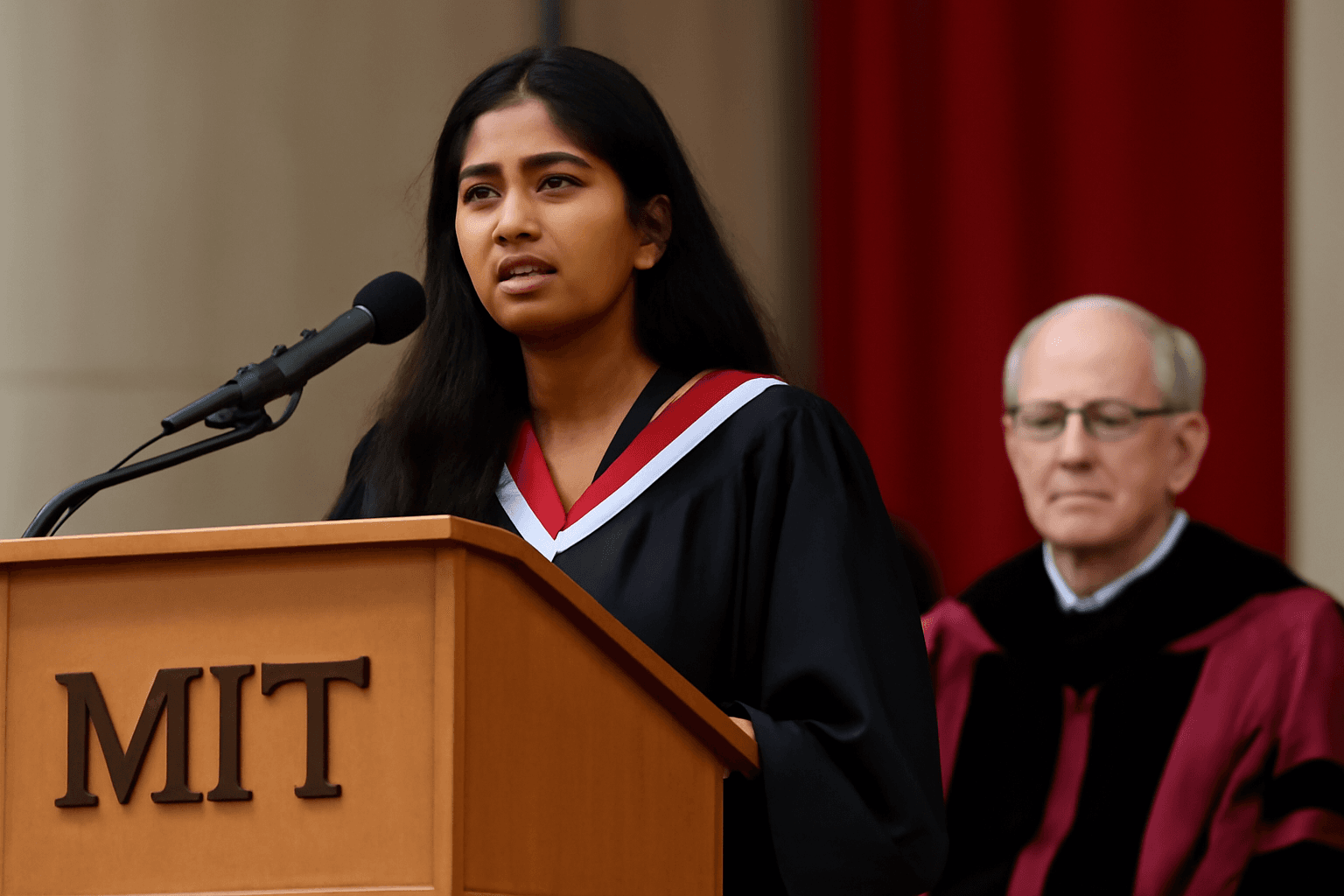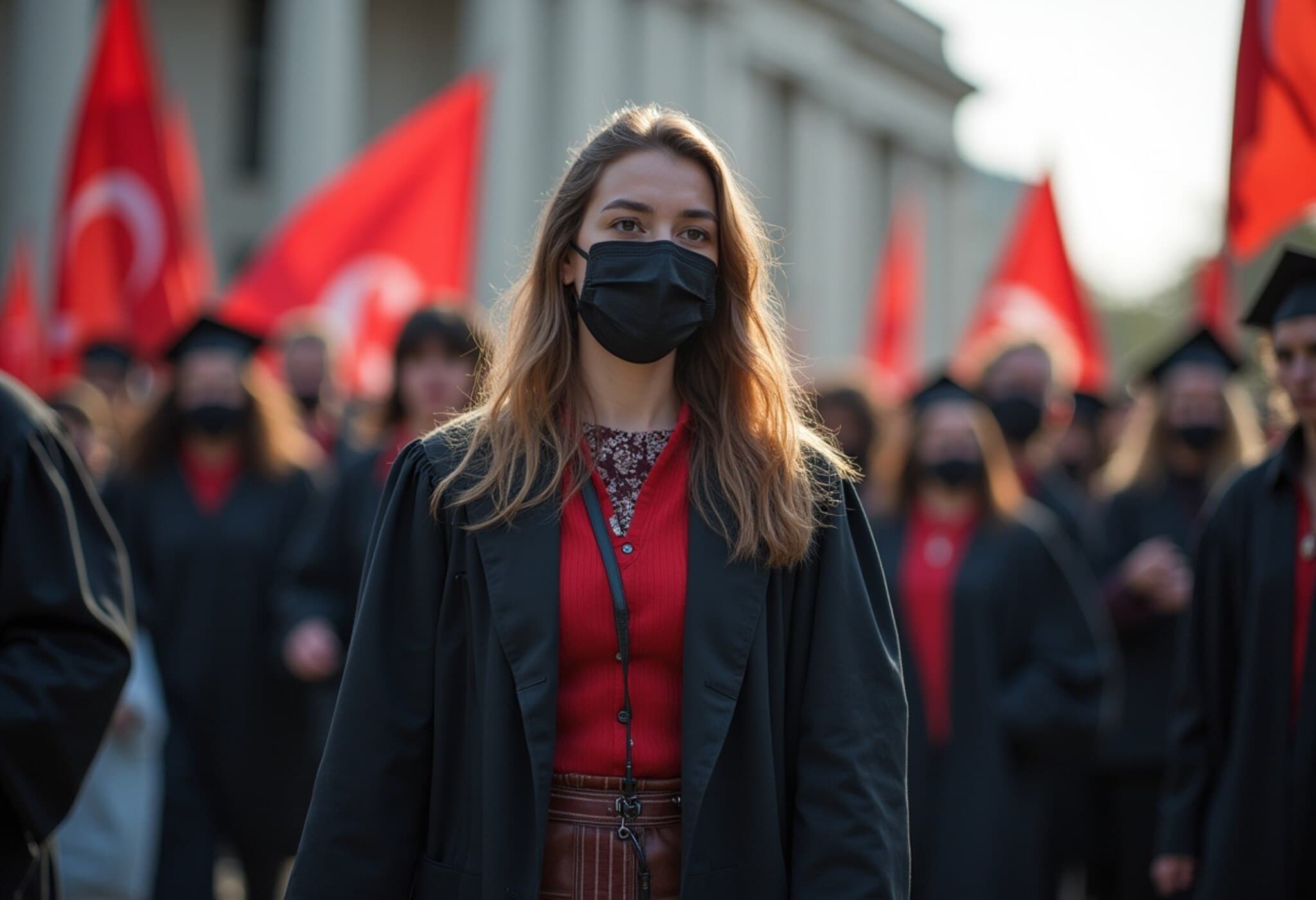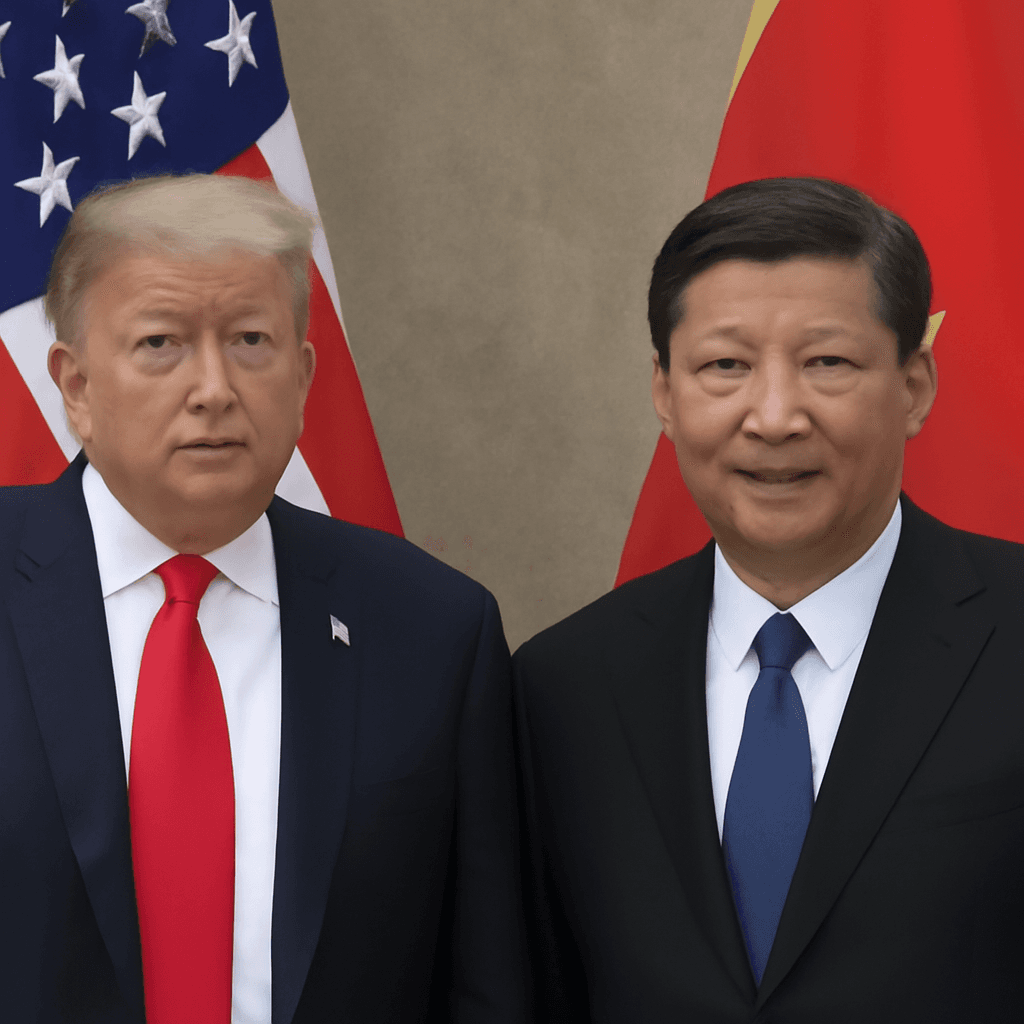Indian-American Student Megha Vemuri Banned from MIT Graduation
Megha Vemuri, an Indian-American student at the Massachusetts Institute of Technology (MIT), was prohibited from attending the undergraduate graduation ceremony after delivering a pro-Palestinian speech during the OneMIT Commencement on May 29, 2025. Vemuri, who was chosen as the class marshal and class president, delivered an unsanctioned speech condemning MIT's research affiliations with Israeli institutions and accusing the university of complicity in the suffering of Palestinians.
Details of the Controversial Speech and University Response
During her approximately four-minute address, Vemuri praised student protests supporting Palestine, underscored the devastation in Gaza, and urged MIT to sever its ties with Israeli entities. She wore a red keffiyeh, symbolizing solidarity with Palestine, and praised the MIT community for advocating a free Palestine and rejecting genocide.
Following the speech, University Chancellor Melissa Nobles informed Vemuri that she would be barred from participating in the subsequent graduation ceremony. The university clarified that although it supports free expression, the decision was based on Vemuri deliberately and repeatedly misleading commencement organizers and leading a protest from the stage. Vemuri was assured she would still receive her diploma via mail.
Vemuri's Response and Context
Vemuri expressed that she was not disappointed by being excluded from the ceremony, stating she saw no need to participate in an institution she considers complicit in genocide. However, she criticized the university's handling as an overreach lacking due process.
According to official data, MIT received approximately $2.8 million in grants, gifts, and contracts from Israeli sources between 2020 and 2024, highlighting the financial connections she addressed.
Background of Megha Vemuri
Born and raised in Alpharetta, Georgia, Megha Vemuri graduated from Alpharetta High School in 2021. She pursued double majors in computation and cognition and linguistics at MIT while serving as the elected class president. She was actively involved in a student collective called Written Revolution, which focuses on promoting revolutionary ideas through writing and art.
Before joining MIT, Vemuri interned at the Neuroscience Institute at the University of Cape Town in South Africa and participated in various youth leadership and science outreach initiatives.
Public Reaction and Online Impact
Her speech quickly gained viral attention on social media, sparking considerable debate and criticism. In response to the backlash, Vemuri has since taken down her online profiles.
Graduation Ceremony Dynamics and Institutional Comments
After Vemuri's segment, MIT President Sally Kornbluth addressed the audience. She acknowledged freedom of expression in response to chants during the ceremony but emphasized the day was a celebration for graduates. Kornbluth previously navigated scrutiny over campus protests and accusations of antisemitism without significant institutional consequences.
Wider Context of Campus Protests
The 2023-24 academic year witnessed numerous pro-Palestinian demonstrations across U.S. college campuses. Graduation ceremonies often became venues for political expression, with protests and walkouts commonly occurring. Unlike Vemuri’s case, most participants faced no disciplinary actions.
Political Commentary
Vemuri's speech attracted criticism from prominent political figures, including the House Speaker, who condemned her remarks as hateful and called for avoiding admissions to MIT and similar institutions.



